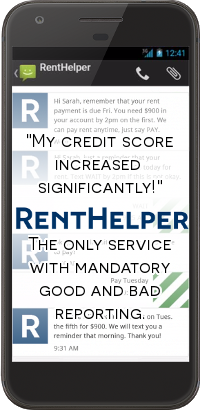
There is more to properly handling a last month’s rent than giving the tenant or prospective tenant a receipt for their payment. Pursuant to General Laws Chapter 186, Section 15B, not only is the landlord required to give the tenant or prospective tenant a receipt, but the receipt must include “the amount of such rent, the date on which it was received, its intended application as rent for the last month of the tenancy, the name of the person receiving it and, in the case of an agent, the name of the lessor for whom the rent is received, and a description of the rented or leased premises, and a statement indicating that the tenant is entitled to interest on said rent payment at the rate of five per cent per year or other such lesser amount of interest as has been received from the bank where the deposit has been held payable in accordance with the provisions of this clause, and a statement indicating that the tenant should provide the lessor with a forwarding address at the termination of the tenancy indicating where such interest may be given or sent.”

Attorney Katherine Higgins-Shea practices at Lyon & Fitzpatrick, LLP in Holyoke, MA
Although many of us know that there is no legal requirement that the last month’s rent be placed in a separate, interest bearing account, it is important to note that if you don’t deposit the last month’s rent in an interest-bearing account, the tenant is entitled to interest at a rate of five percent per year. Furthermore, interest must be paid to the tenant each year on the anniversary date of the tenancy, or if the tenancy ends before one year, for all months except the last month of the tenancy. At the end of each year of tenancy, the landlord must send a statement to the tenant as to the amount of interest due with payment of that interest or a statement indicating that the tenant may deduct the appropriate amount of interest from the next rental payment. If a landlord does not send the statement to the tenant by the anniversary date of the tenancy, the tenant may deduct the amount of interest from the next rental payment.
If you do not pay the interest within 30 days after the end of the tenancy the landlord’s exposure to liability is three times the interest due, plus court costs and reasonable attorney’s fees. While three times the amount of the interest due may not be a lot of money, it is wise to consider the financial impact of court costs and reasonable attorney’s fees, which could be hundreds of dollars, if a tenant is successful.
This article was written before changes were made by the Appellate Court due to Gallo v Marinelli (2016). Read more about this case and decision here.
Posted on May 26th, 2023 Posted in News - 2 Comments

The law entitles landlords to collect the last month’s rent when a new tenancy begins, but should you? If you do, what rules must you follow?






For Members
